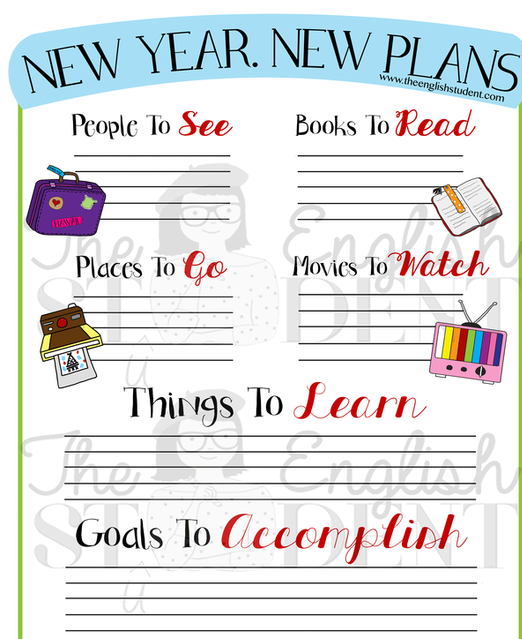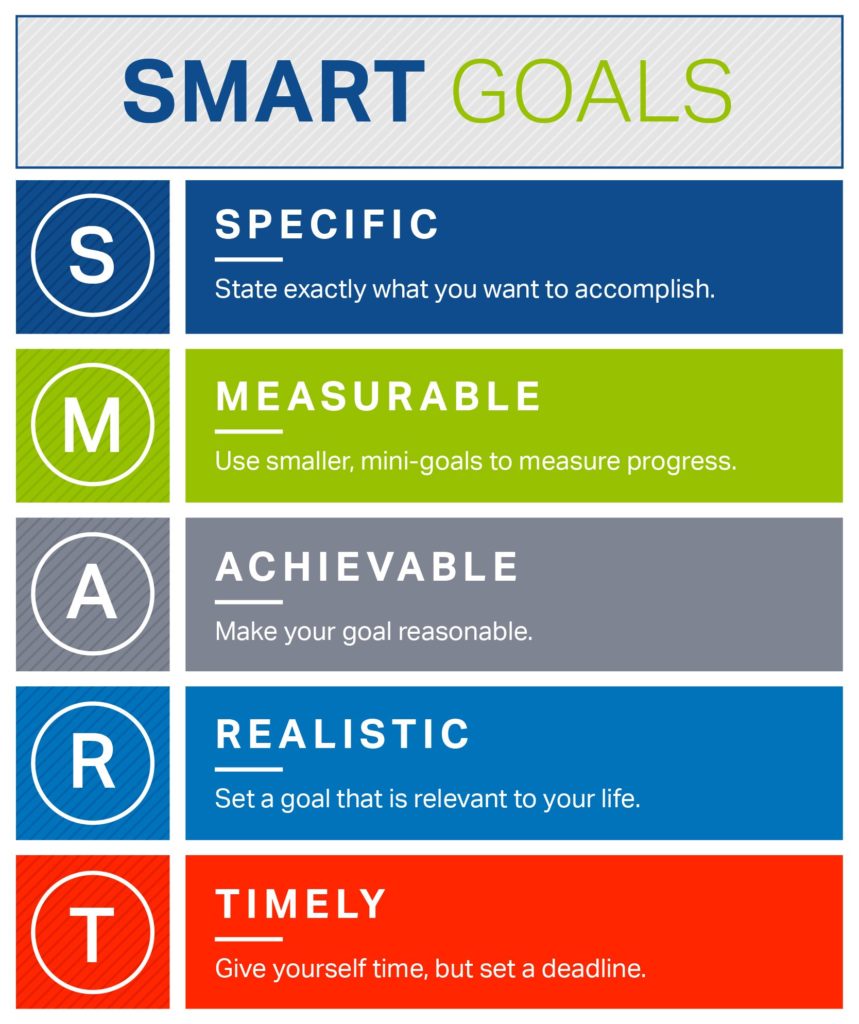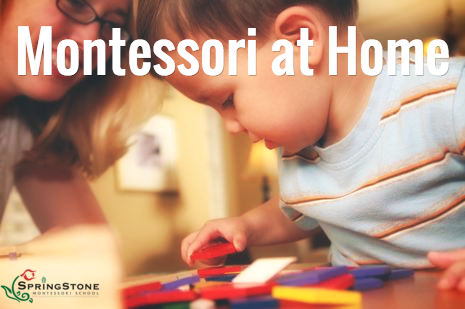New Year’s Resolutions for you and your child

New Year’s Resolutions – Working as a team with your child
When a year comes to an end, we tend to look back at that year and reflect on it. We also think about what the New Year will have in store for us.

For us, the adults and parents, New Year’s resolutions are a way to reflect on and evaluate the past year and determine lifestyle changes we may want to make to better our livelihood and overall well-being. What about our children? They can make resolutions, too!
By creating New Years’ resolutions with your child, you can empower them to change their behavior or work towards learning or perfecting a new skill, or to find the courage to start a new sport, or to eat fruits and vegetables daily. There are plenty of child-friendly resolutions they can make for the New Year.
Tips to create effective, reasonable goals with your child.
Follow SMART guidelines:

- Specific – Your child’s resolution should consist of his or her goals and how they can achieve them.
- Measurable – You and your child should be able to track their progress over the year, whether it be on a chart or regular check-ins.
- Attainable – While your child’s goal should be ambitious, it should also remain reasonable. It needs to be something that will put their skills to the test, but not overwhelm them.
- Results-oriented – Your child’s resolution should have some sort of explanation of what he or she will be able to accomplish once they have fulfilled their resolution.
- Time-bound – The goal should dictate some sort of time frame. With the start of the New Year, a year is a reasonable timeframe. Depending on the specific goal, you may want to adjust the time to fit that specific goal.
The importance to sticking to your New Year’s resolution

A few tips to help motivate your child to work towards their goals.
- Work towards the same goal – You are joining your child by working towards the same or similar goal. This will allow you to keep each other accountable for your efforts.
- Don’t pressure or nag – Use regular check-ins to review your child’s progress towards their goals with them. You can ask questions about their goals or offer reminders, but don’t put any pressure on them to work harder towards a goal. You want them to get there on their own terms.
- Share your experiences – If you find that your child is struggling with a goal, try sharing some of your own experiences with them. Talk about the things that may have helped you or didn’t help, and then discuss with your child what they can do differently next time to help them achieve their goal.
Remember, you are your child’s greatest supporter and cheerleader, and when you work with them on their goals, your child is looking to you to follow through, not just in helping them achieve their goals, but for you to achieve your own goals, too.

Wishing you a prosperous, happy and healthy 2020!

